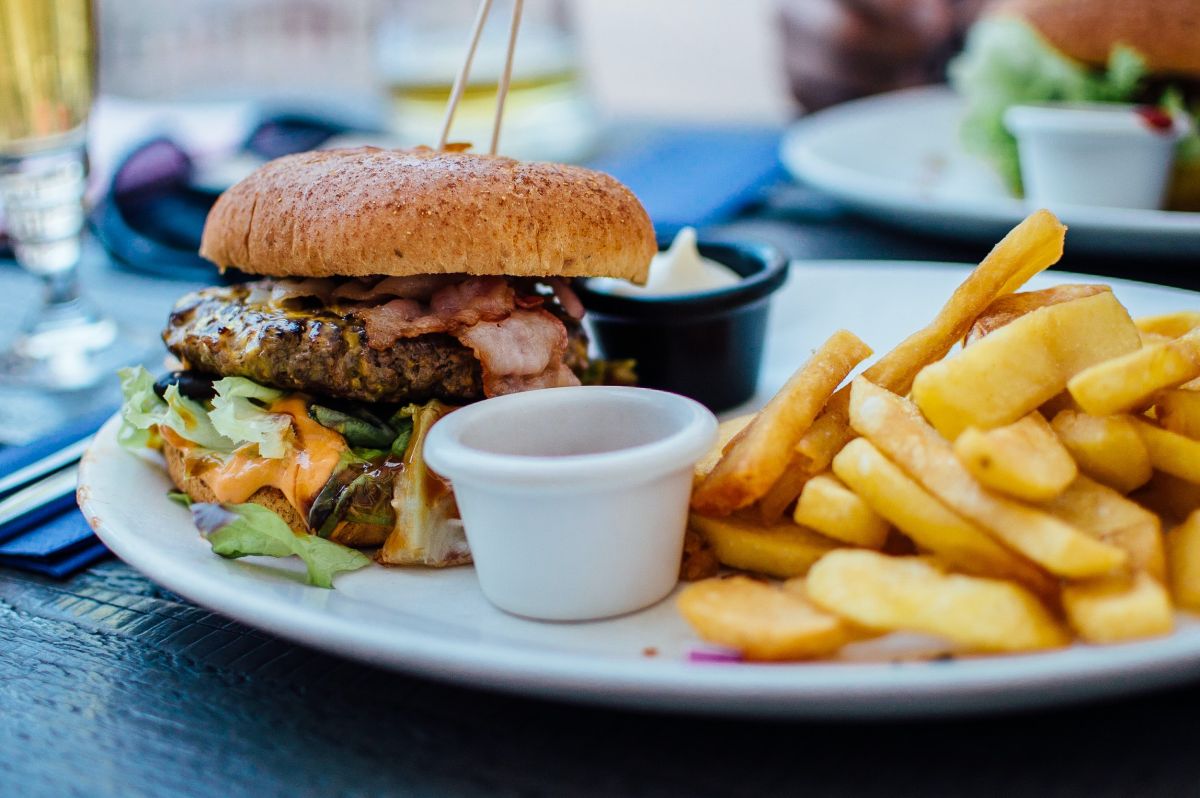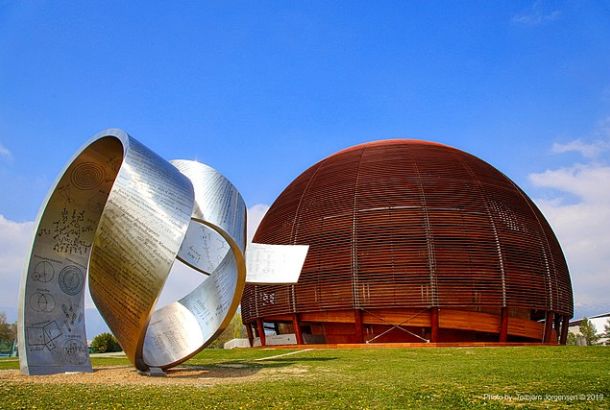Is our craving for comfort food thanks to society or evolution?
By Joseph Blake

Disclaimer: some of the content may prove distressing for individuals who battle with eating disorders.
The choices we make about the foods we eat are complicated. Individual preference, health beliefs, and societal expectations all play a role, however, it is an area that is rarely considered is evolution.
It is common knowledge that humans, and pretty much all life, are intrinsically adapted to conserve energy by doing as little as possible. This survival strategy has allowed us throughout history to have stored calories readily available for hunting and for when food is scarce. All this equates to us generally opting for high-calorie and low-effort options. Though this has benefitted us in the past, today it is more likely to bring about health problems.
Junk food can broadly be categorized as food that is high in calorie content whilst being relatively low in nutritional value. Some common examples include cheeseburgers, frozen pizzas, cakes, and almost anything fried. Several brain imaging studies have shown these are the goodies we crave the most.
The hippocampal region in the brain is primarily in charge of forming new memories, but it has a secondary role in food recognition and craving. Brain imaging studies of humans show increased activity – a ‘lighting up’ effect – when images of high-calorie foods are shown to subjects. This increased neural activity ties in with the memory of eating the food and elicits the positive reinforcement pathway. The result is that we are intensely aroused at the prospect of consuming that particular food and will be similarly stimulated by other high-calorie foods in the future.
The consumption of calorific food also taps directly into the dopamine pathway in the brain. Dopamine is a neurotransmitter that plays an essential role in the regulation of reward and addiction. When we consume calorific food, the corresponding Dopamine release generates a positive emotional response, making us think it is beneficial to our survival.
It’s the same as when we have sex or exercise; they are considered to be evolutionarily positive and survival-promoting by our brain. However, in societies where food access is readily available, we can comfortably satisfy the body’s demands. The danger then becomes that the reward pathway designed to keep us alive can actually condemn us to eat above our requirements.
Much like food consumption, stress is an absolute necessity for our survival. Historically, the stress response was key for the evasion of predators, whereas today it helps with avoiding contemporary dangers like getting hit by a car when crossing the street. However, the prevalence of chronic and maladaptive stress has increased due to the changing nature of modernity and new age stressors. This form of stress can significantly influence our eating behaviours.
The stress hormone cortisol is the principle orchestrator, where an upsurge of it drives cravings for high sugar and fat foods. The hormone is attempting to replenish energy supplies in the wake of a stressful situation. But this system can be inappropriately activated by, for example, a constantly pinging phone or distressing social media posts. It’s easy to see how the fast-paced and digital nature of our society might be causing an endless cycle of stress and craving comfort food.
Whether it’s stressors in our environment, our brain’s ancient pathways, or both, it seems our tendency towards unhealthier food options is a consequence of modern life. Especially as university students, it can be easy to succumb to stress, so looking after your health – mental and physical – with a good diet is key. But most importantly, eat what makes you happy.







